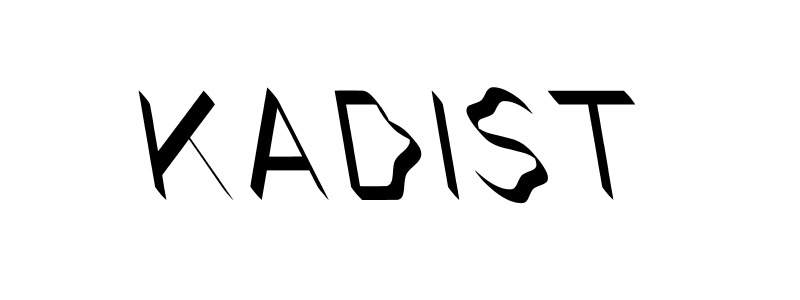The Pixelated Revolution
2012 - Film & Video (Film & Video)
Rabih Mroué
The Pixelated Revolution is a lecture-performance by artist Rabih Mroué about the use of mobile phones during the Syrian revolution. The lecture looks at the central role that the photographs taken with these devices played in informing and mobilizing people during the revolutionary events, due to their ability to be shared and spread through virtual and viral communication platforms.
Rabih Mroué is an actor, director, playwright and visual artist as well as contributing editor for The Drama Review (TDR) and the quarterly Kalamon. Employing both fiction and in-depth analysis as tools for engaging with his immediate reality, Mroué explores the responsibilities of the artist in communicating with an audience in given political and cultural contexts. His works deal with issues that have been swept under the rug in the current political climate of Lebanon, connected to the enduring marks left by the Lebanese Civil War as well as more recent political events.
Colors:
Related works featuring themes of: » Performance Art, » Lebanese

© » KADIST
Akram Zaatari
1966“People often asked if they could pose with the Kodak advertisement where a full scale woman is featured with a camera offering Kodak rolls...

© » KADIST
Akram Zaatari
1950“While taking the picture it was challenging to make the boys sit properly without moving...

© » KADIST
Julius Koller
Anti-Happening refers to Koller’s 1965 manifesto, ‘Anti-Happening (System of Subjective Objectivity)’...

© » KADIST
Julius Koller
1978This work is one of Koller’s many variations which he began to use from 1970 to describe the ‘cultural situations’ he created...

© » KADIST
Akram Zaatari
1960“When you position your hand on someone’s shoulder, your shoulders become straight and horizontal...

© » KADIST
Paul McCarthy
1983McCarthy’s Mother Pig performance at Shushi Gallery in 1983 was the first time he used a set, a practice which came to characterize his later works...

© » KADIST
Akram Zaatari
1970“People often asked if they could pose with the Kodak advertisement where a full scale woman is featured with a camera offering Kodak rolls...

© » KADIST
Roman Ondak
2003This work needs to be considered in relation to one of his performances during which people were made to queue in front of the Kunsthalle of Frankfurt in 2003 (Tate Collection)...

© » KADIST
Trisha Donnelly
2007Untitled is a black-and-white photograph of a wave just before it breaks as seen from the distance of an overlook...

© » KADIST
Paul McCarthy
2010To make Mickey Mouse (2010), Paul McCarthy altered a found photograph—not of the iconic cartoon, but of a man costumed as Mickey...

© » KADIST
Akram Zaatari
1950“Other photographers used to send me negatives of cross-eyed people, asking me to retouch them...

© » KADIST
Akram Zaatari
1950“In the 1980s I started using coloured paper backdrops, one of which was yellow...

© » KADIST
Akram Zaatari
1972“The two men were relatives and both were in the Lebanese Army.” Hashem El Madani...






